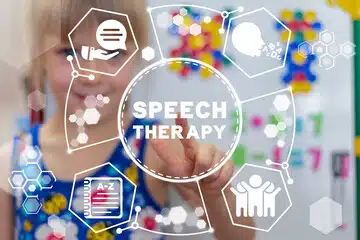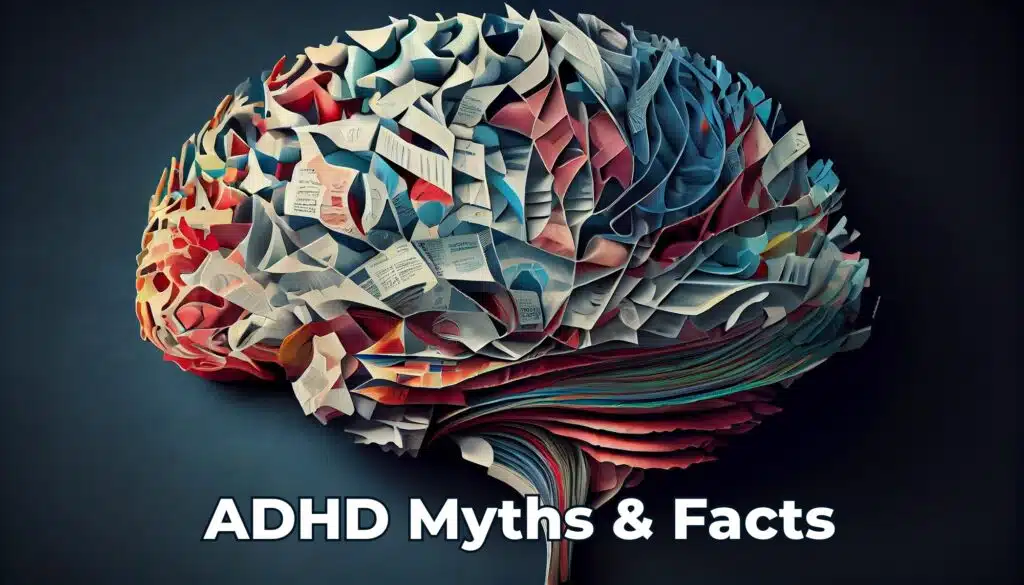Family therapy and systemic approach involves incorporating a variety of practices to meet the needs of people who come in for therapy. Our experiences in life are diverse when it comes to relationships and family structure. As a result, each person’s psychological and relationship difficulties can be unique, influenced by cultural and ethnic factors as well as a range of other variables.
Family therapy and systemic practice is a clinically effective way of accounting for this and is backed up by decades of research. It draws upon the effectiveness of a variety of individual based treatment methods and applies those approaches within a broader relationship context.
The Importance of Relationships
We live our lives in relationships. Research into what matters most to people consistently finds that close and functioning relationships rank higher than anything else. This includes but isn’t limited to family relationships. Our sense of who we are, and our sense of wellbeing are intimately associated with our relationships — both to other people and the contexts in which we live.
When Relationships Go Wrong
When our relationships do not give us what we need, we lose our sense of comfort and confidence about the person that we are. When relationships go seriously wrong, powerful psychological processes take place. Often individuals are not aware of what’s happening and while our responses to them may provide some initial protection, they can also bring unwanted consequences.
Conditions such as depression, anxiety and conduct disorder are often the effects of relationship problems. Even when psychological conditions have a clear biological basis, relationship problems often contribute to serious levels of distress and the likelihood of relapse.
Resolving Relationship Problems Together
Relationship problems are usually best treated when both parties meet with a therapist together. This allows therapists to manage the problems and better understand the context in which they occur. If you’re experiencing distress related to your relationship, the other party is often a powerful and supportive resource for change. Efforts made are more likely to be recognised and supported. Gains made are more likely to be sustained.
Systemic family therapy helps people with psychological difficulties by allowing them to understand and mobilise the strengths of their relationships to help mitigate symptoms and problematic behaviours. Family therapy helps people help each other, enabling people who care about each other to express and explore thoughts and emotions safely, to understand each other’s experiences and views, and appreciate each other’s needs. By building on strengths, people can make useful changes in their relationships and lives.
Ready to Talk to Someone?
If you are interested in learning more about family therapy, get in touch with the team at Educare in Newcastle. We have extensive experience helping kids, adolescents and adults from all backgrounds in a variety of contexts with tailored therapy.



